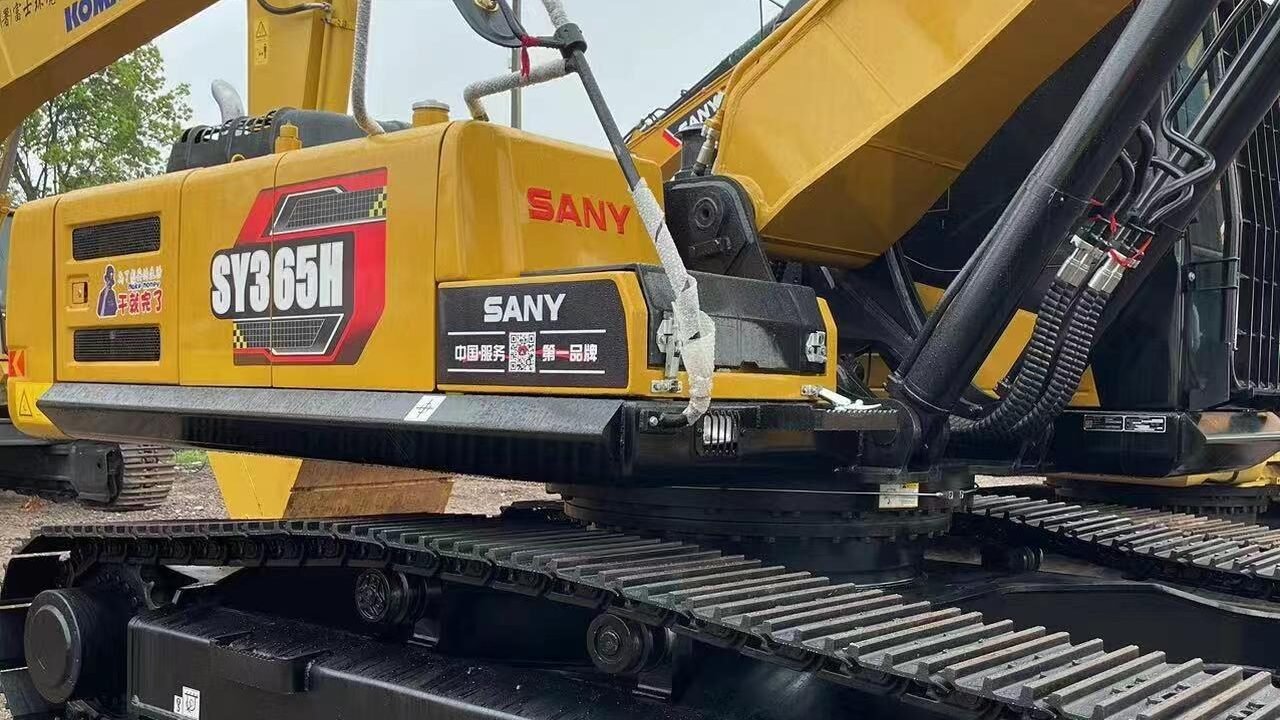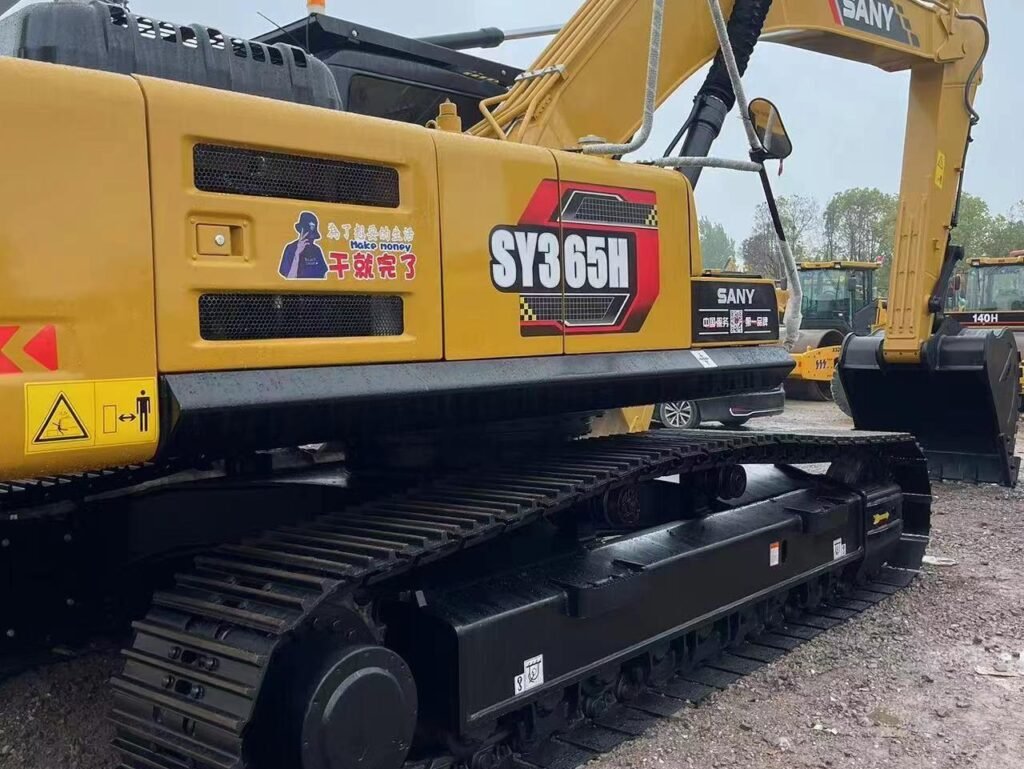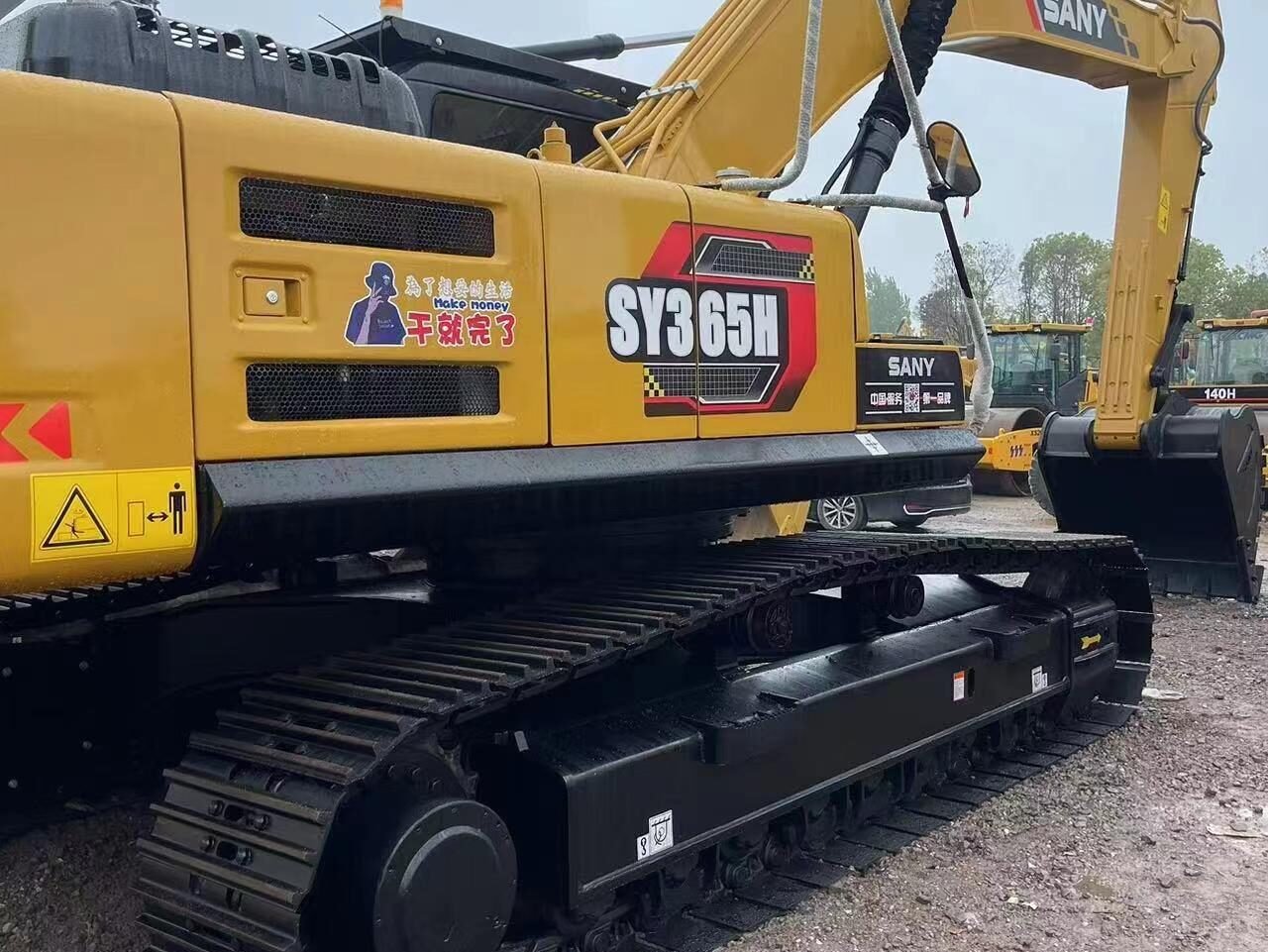I. Introduction
A. Importance of Excavators
Excavators play a critical role in modern engineering projects, with their multifunctionality allowing them to perform a variety of tasks, including earthmoving, demolition, lifting, and digging. Choosing the right excavator can significantly enhance project efficiency and safety, ensuring smooth construction processes.
B. Necessity of Selecting the Right Equipment
In large-scale projects, it is essential to choose the appropriate excavator model and specifications. The performance of the equipment directly impacts the project’s cost, timeline, and safety. By making informed choices based on project requirements, businesses can effectively reduce operational costs and improve productivity.
II. Project Requirement Assessment
A. Project Type Analysis
The first step is to identify the nature of the project. This may include earthmoving, construction, mining, road building, etc. Different types of projects have varying requirements for excavators. For instance, earthmoving projects may require powerful excavators with large buckets, while urban construction may need smaller, more flexible equipment.
B. Project Scale and Scope
The scale and scope of the project will also influence the choice of excavator. Large projects typically require more powerful and efficient equipment, while small projects may only need compact excavators. Assessing the overall project needs will help determine the required size, load capacity, and operational efficiency of the excavator.
III. Key Parameters of Excavators
A. Power and Performance Requirements
Understanding the project’s requirements for the excavator’s engine power and hydraulic system performance is crucial. A powerful engine can deliver higher operational efficiency, while an efficient hydraulic system can provide quick response to controls, enhancing excavation productivity.
B. Operating Weight and Applicability
Excavators of different operating weights are suitable for various work scenarios. Lightweight excavators are ideal for small projects and confined spaces, while heavy excavators are more suitable for large earthmoving tasks and infrastructure projects. Analyzing the advantages and disadvantages of different models will help select the most appropriate equipment for the project.
C. Bucket Capacity
Bucket capacity directly impacts excavation efficiency and material handling capability. Based on the types and quantities of materials to be handled in the project, selecting the appropriate bucket capacity ensures efficient task completion.

IV. Considerations for Operating Environment
A. Terrain and Geological Conditions
Considering the terrain characteristics of the work area, such as flatness, slope, and rockiness, is vital for excavator selection. In complex terrain, it is essential to choose equipment with good stability and climbing ability.
B. Space Constraints
Space limitations at the construction site also need to be taken into account. In confined urban environments, selecting small, maneuverable excavators can better adapt to site conditions and improve work efficiency.
V. Fuel Efficiency and Operating Costs
A. Fuel Efficiency Analysis
The fuel efficiency of the excavator not only affects the cost of each operation but also impacts the overall project budget. Choosing fuel-efficient equipment can significantly lower long-term operating costs and enhance economic viability.
B. Maintenance and Insurance Costs
In addition to purchase costs, the maintenance requirements and insurance expenses of the excavator are important considerations. Understanding the maintenance frequency and costs associated with different models helps create a comprehensive budget.
VI. Brand and Model Selection
A. Characteristics of Major Brands
There are several well-known brands in the market, such as Caterpillar, Hitachi, and Volvo, each with its unique advantages. Understanding the characteristics and performance of each brand aids in selecting the right one based on project needs.
B. Recommended Common Models
Based on different project requirements, recommend several suitable excavator models. For smaller projects, models like Caterpillar 304E may be suggested, while larger earthmoving projects might benefit from models like Caterpillar 320D.
VII. Purchasing Channels and Process
A. Reliable Purchasing Channels
Choosing trustworthy purchasing channels is essential. It is recommended to buy through authorized dealers, auction markets, and reputable online platforms to ensure equipment quality and after-sales support.
B. Overview of the Purchasing Process
Understanding the entire purchasing process is crucial when buying an excavator. This includes consultation, on-site inspection, equipment testing, and transaction steps. Ensuring each stage meets expectations can reduce the risk of future issues.
VIII. Conclusion
A. Making Informed Choices
Summarize the key factors in choosing the right excavator to help businesses make informed decisions. By comprehensively assessing project needs and equipment parameters, ensure that the selected equipment meets engineering requirements.
B. Recommendations for Ongoing Support and Maintenance
Emphasize the importance of ongoing support and maintenance for the equipment. Regular servicing and maintenance not only extend the equipment’s lifespan but also ensure it operates at peak performance during work, thereby improving overall efficiency.



